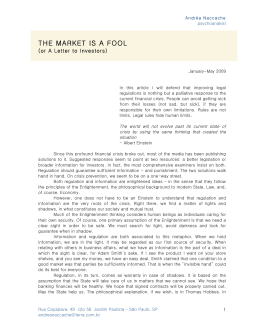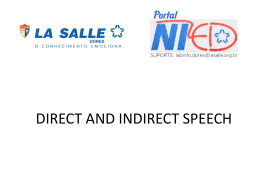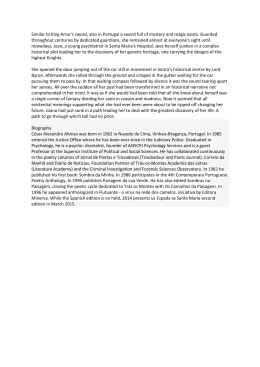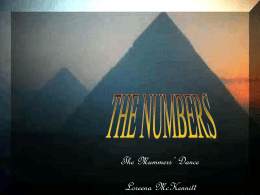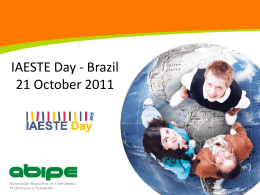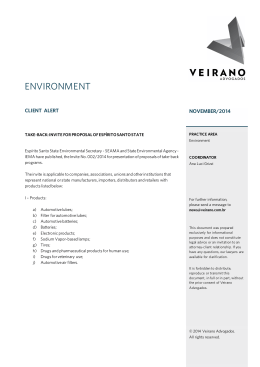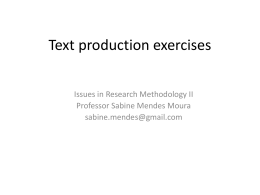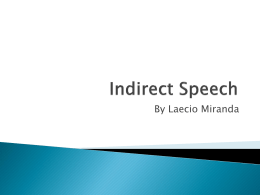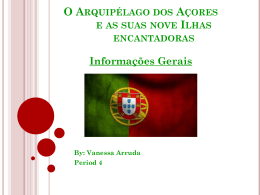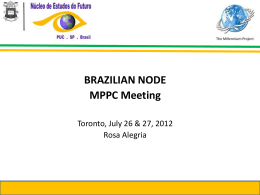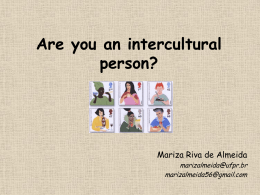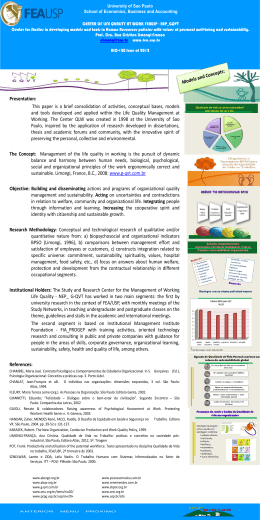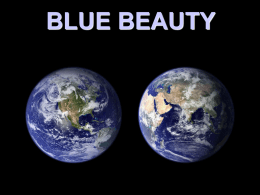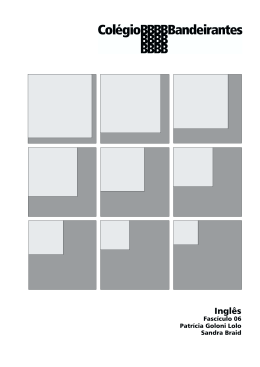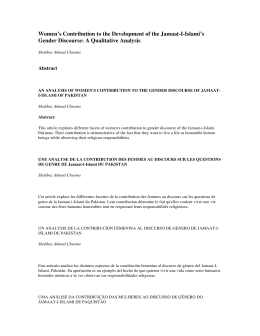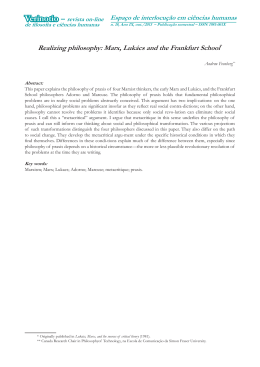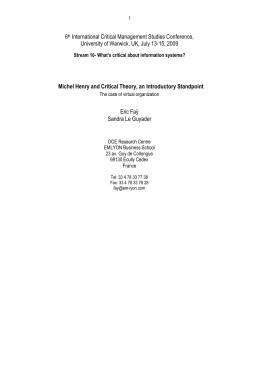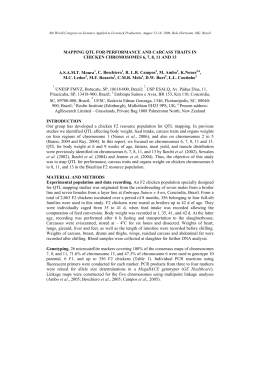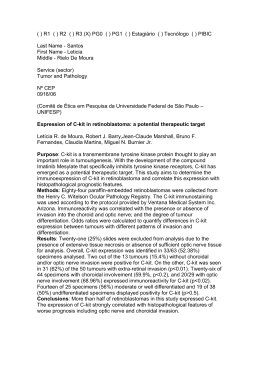Why do people feel trapped by some academic situations? - the writing of a collaborative thesis as a PEPA Sabine Mendes Lima Moura, PhD candidate May 2015 Contextualizing... A PhD in progress; EP as a new epistemological approach within Applied Linguistics (participatory inquiry – GUBA &LINCOLN, 2010 – and beyond); On the decision to collaborate when writing; Co-authors: Caroline Barqueta, Caroline Vieira, Heberton Prado, Jéssica Almenar, Beatriz Moreira, Carolina Siqueira, Jaime Hermano, Caroline Lilian and me (Sabine Mendes) – interacting face-to-face, on Facebook and in a Whatsapp group. On the “Heberton’s granny dillema” and on Science and Knowledge (DEMO, 2010; BOURDIEU, 2011,LATOUR, 2011; FEYERABEND, 2011, FOUCAULT, 2012) Planning to understand (ALLWRIGHT, 2005; BARRETO et al, 2015) • The main PEPA – The collaborative thesis itself – coming from the puzzle: • “Why do we write about research following the structure of chapters including a literature review, a methodology and an analysis, when we know that they do not guarantee a sound methodological process?” • Generating 5 other PEPAs, including “The Keep Calm activity” proposed by Jéssica Almenar. Jéssica’s Keep Calm activity: Why do people feel trapped by some academic situations? ...he thinks he is a PhDivinity ...have you seen my academic CV? ... where is your theoretical background? Jéssica’s Keep Calm activity: Why do people feel trapped by some academic situations? ...I have narrowed my monographic paper’s theme so much that I don´t even recognize it anymore. ...this semester we´ll have only 365 mandatory readings ...my teachers are mistaking me for an assigment-writing machine Jéssica’s Keep Calm activity: Why do people feel trapped by some academic situations? ...do not train me for the SATs (Brazilian version) EP in Academia (a Brazilian perspective) • Based on the representationalism/praxis view on language (MARTINS, 2004) and on EP Brazilian dissertations and thesis (MOURA, 2013) Analysis Perspective EP role Treating PEPA outcomes as data (product view) Taking representationalism for granted A philosophical approach, an aggregate to AL Treating analysis as a reflexive tool Praxis making the analysis impossible EP as the rebel or incompetent AL sibling Treating the narration of PEPA as micro-analytical moments Representationalism as useful within a larger praxis context EP as a way of resignifying the academic genre Treating language/discourse as a phenomenon that cannot be analysed. Praxis making scientific EP and AL as operational construction impossible (???) fictions that do not focus on language/discourse. The fifth option... Defending a new epistemologic approach for EP • How do we understand the word analysis? • Greek origin: detach, disolve, set free... • The Language-relationship proposal: puzzles generating more puzzles... • Puzzles as a kind of analysis based on PEPAs (as autoetnography; ELLIS and BOCHNER, 2000). • This could become an interesting contribution to Applied Linguistics in its attempt to overcome some assumptions: the use of fossilized or monolitical empirical evidence, the support on ideologies which are language artifacts only, the lack of dialogue with more reflexive models coming from language users and the concentration of its studies in already established areas, more than problems emerging from language everyday use (SILVA, 2015). References ALLWRIGHT, D. From learning points to teaching opportunities and beyond. In: TESOL QUARTERLY, Vol. 39, No. 1, March 2005 ALLWRIGHT & HANKS, J. The developing language learner – an introduction to exploratory practice. London: Palgrave Macmillan, 2009. BARRETO et al. Atividades pedagógicas com potencial exploratório: caminhos para a coconstrução de entendimentos. In: SILVA, KA; MASTRELLADE-ANDRADE, MR e ALVIM, C. Redes colaborativas na formação de professores de línguas.Campinas, SP: Pontes, no prelo. BOURDIEU, P. Homo Academicus. Florianópolis: UFSC, 2011. DEMO, P. Praticar ciência - metodologias do conhecimento científico. São Paulo: Saraiva, 2012. ELLIS, C; BOCHNER, A. P. Autoethnography, Personal Narrative, Reflexivity: Researcher as Subject. In: DENZIN, N. K.; LINCOLN, Y. S. Handbook of qualitative research. London: Sage Publication, 2000. FEYERABEND, P. Contra o método. São Paulo: UNESP, 2011. FOUCAULT, M. Arqueologia do Saber. Brasília: Gen/Forense Universitária, 2012. LINCOLN, YS; GUBA, EG. Controvérsias paradigmáticas, contradições e confluências emergentes. O planejamento da pesquisa qualitativa – teorias e abordagens. Porto Alegre: Artmed, 2010. MARTINS, H. Três caminhos na filosofia da linguagem. In: BENTES, A.C e MUSSALIM, F. Introdução à Linguística: fundamentos epistemológicos, vol. 3. São Paulo: Cortez, 2003. MOURA, SML.Trabalhando para entender o entendimento - avaliação em teses e dissertações da Prática Exploratória. In: Pesquisas em Discurso Pedagógico, não páginado, 2013. Disponível em: http://www.maxwell.vrac.puc-rio.br/rev_discurso.php?strSecao=report1&fas=224 Acesso em 15 de Outubro de 2014. SILVA, D do N. ‘A propósito de Linguística Aplicada’ 30 anos depois: quatro truísmos correntes e quatro desafios. In: DELTA, v. 31, 2015.
Download
